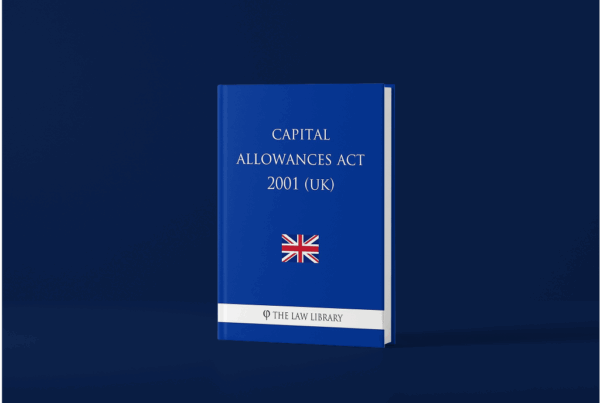In the intricate maze of UK taxation, Capital Allowances stand out as a pivotal mechanism, offering businesses the leverage to claim tax relief on specific capital expenditures.
For those steeped in the world of cost consultancy, understanding the nuances of these allowances isn’t just beneficial—it’s imperative. Their impact can be monumental for a commercial property owners overall tax position
Delving into the Depths of Capital Allowances:
Capital allowances provide businesses with the opportunity to obtain deductions on distinct capital outlays such as machinery, equipment, and vehicles, ultimately lowering their taxable profits. This deduction translates into businesses being able to claim relief on costs linked to assets integral to their operations. For cost consultants, it’s essential to discern between different capital allowance types, like the Annual Investment Allowance (AIA) and Writing Down Allowance (WDA). Each carries its own set of guidelines and rates.
The Pursuit of Peak Tax Efficiency:
At the core of their role, cost consultants strive to guide businesses towards maximising their financial efficiency. With a solid grasp on capital allowances, they can enlighten their clientele about the most tax-savvy methods for asset investments. This proficiency ensures that businesses strategically allocate their capital expenditure, amplifying their claims and consequently, trimming their tax obligations. This opens up avenues for businesses to funnel greater resources back into operational growth or expansive endeavours.
Combining Capital Allowances into Project Estimations:
It’s here that Capital Allowances shine, when faced with the challenge of estimating and supervising project costs, by offering a clearer picture of genuine expenses. By integrating the financial reprieve provided by Capital Allowances, it offers clients a comprehensive financial snapshot, catalysing smarter decision-making throughout the project’s lifecycle.
Ensuring Compliance and Meticulous Documentation:
The world of tax regulations is notoriously intricate. It’s imperative for cost consultants to ensure that businesses are not only compliant but are also diligent in their documentation related to Capital Allowances. This thorough record-keeping isn’t just about organisation; it stands as irrefutable proof during any tax scrutiny. By aiding their clients in upholding these precise records, they ensure a smooth process through the complex maze that is tax compliance
Navigating Strategic Financial Planning:
In the grander scheme, capital allowances emerge as an invaluable piece in the puzzle of strategic financial planning. Cost consultants, equipped with insights into these allowances, can collaborate with businesses. Together, they ensure capital expenditure is in harmony with available tax relief avenues. Harnessing these allowances can bolster a company’s cash reservoir, refine its profitability metrics, and pave the way for ambitious growth strategies. In this arena, cost consultants serve as both guides and guardians, steering businesses towards decisions that resonate with immediate project targets and overarching business visions.
In conclusion, capital allowances, while deeply entrenched in the UK’s tax framework, offer more than just a financial breather. For cost consultants, they present an opportunity—a chance to champion better financial strategies, foster growth, and fortify their indispensable role in the business landscape.




